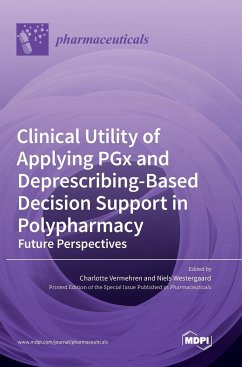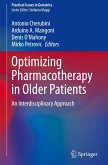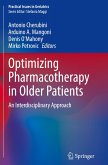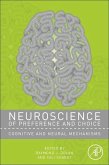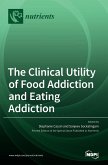Polypharmacy is a necessary and important aspect of drug treatment; however, it becomes a challenge when the medication risks outweigh the benefits for an individual patient. Drug-drug interactions and the introduction of prescribing cascades are common features of polypharmacy, which can lead to ineffectiveness and increased risk of adverse drug reactions (ADR). Genes encoding CYP450 isozymes and other drug-related biomarkers have attracted considerable attention as targets for pharmacogenetic (PGx) testing due to their impact on drug metabolism and response. This Special Issue is devoted to explore the status and initiatives taken to circumvent ineffectiveness and to improve medication safety for polypharmacy patients. Specific areas include drug-drug interactions and consequences thereof in therapeutic management, including PK- and PD-profiling; the application of PGx-based guidance and/or decision tools for drug-gene and drug-drug gene interactions; medication reviews; development and application of deprescribing tools; and drivers and barriers to overcome for successful implementation in the healthcare system.
Bitte wählen Sie Ihr Anliegen aus.
Rechnungen
Retourenschein anfordern
Bestellstatus
Storno

